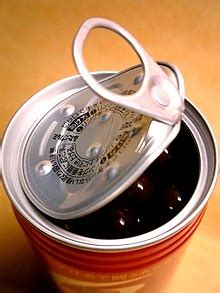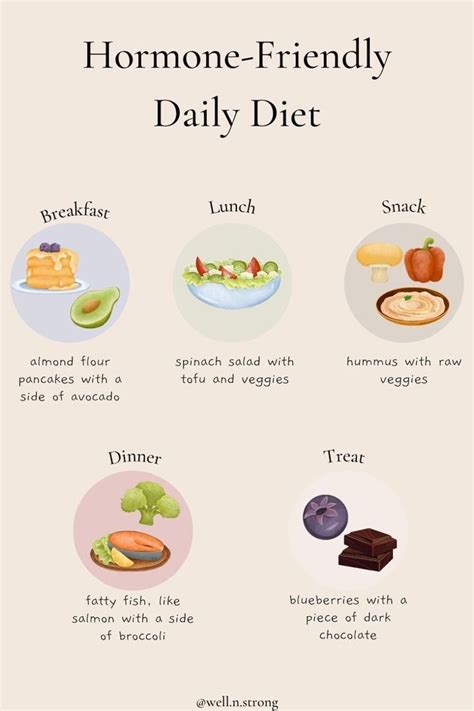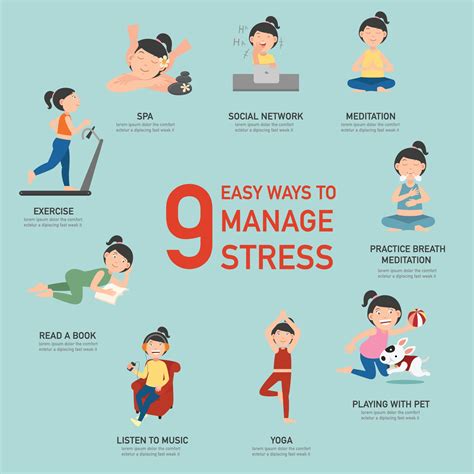How can men naturally optimize testosterone for peak performance?

Understanding Testosterone and Its Importance
Testosterone is a crucial hormone for men, playing a vital role far beyond just sex drive and muscle mass. Optimal testosterone levels contribute to energy, mood stability, cognitive function, bone density, and overall vitality. While testosterone naturally declines with age, various lifestyle factors can either accelerate this decline or support healthy levels. The good news is that many natural approaches can help men optimize their testosterone for peak physical and mental performance.
Dietary Foundations for Hormonal Health
Your diet is a powerful tool for regulating hormones. To naturally boost testosterone, focus on a balanced intake of macronutrients and micronutrients. Healthy fats, particularly monounsaturated and polyunsaturated fats, are essential building blocks for hormone production. Think avocados, olive oil, nuts, and fatty fish. Adequate protein intake supports muscle synthesis and overall health, indirectly benefiting hormone levels.
Furthermore, ensure a rich supply of micronutrients. Zinc is critical for testosterone production, found in oysters, red meat, and pumpkin seeds. Vitamin D, often considered a pro-hormone, is also directly linked to testosterone levels. Aim for sun exposure and dietary sources like fortified foods or fatty fish, or consider supplementation under guidance.

Exercise for Hormonal Balance and Strength
Regular physical activity is one of the most effective ways to naturally optimize testosterone. However, not all exercise is created equal when it comes to hormonal impact.
- Strength Training: Lifting weights or performing bodyweight exercises that engage large muscle groups (like squats, deadlifts, bench presses) has been consistently shown to increase testosterone levels, especially in response to progressive overload.
- High-Intensity Interval Training (HIIT): Short bursts of intense exercise followed by brief recovery periods can also provide a significant testosterone boost without the prolonged cortisol release sometimes associated with very long, endurance-based workouts.
Avoid excessive chronic cardio, as prolonged endurance exercise can sometimes lead to an increase in cortisol (the stress hormone) which can suppress testosterone.

Prioritize Quality Sleep
Sleep deprivation is a significant disruptor of hormone balance, including testosterone. Studies show that even a week of restricted sleep can significantly lower testosterone levels in healthy young men. Aim for 7-9 hours of high-quality, uninterrupted sleep each night. Establish a consistent sleep schedule, create a dark and cool sleeping environment, and limit screen time before bed to improve sleep hygiene.

Manage Stress Effectively
Chronic stress leads to elevated levels of cortisol, which has an inverse relationship with testosterone. When cortisol levels are high for extended periods, testosterone production can be suppressed. Incorporating stress-reducing practices into your daily routine is crucial. This can include meditation, yoga, deep breathing exercises, spending time in nature, or engaging in hobbies that help you relax and de-stress. Prioritizing mental well-being directly supports hormonal health.

Additional Lifestyle Factors and Considerations
Beyond the core pillars of diet, exercise, sleep, and stress management, several other lifestyle choices can influence testosterone:
- Maintain a Healthy Weight: Obesity, particularly abdominal fat, is linked to lower testosterone due to increased aromatization (conversion of testosterone to estrogen). Losing excess weight can significantly improve testosterone levels.
- Limit Alcohol Intake: Excessive alcohol consumption can negatively impact testosterone production. Moderate consumption is generally acceptable, but heavy drinking should be avoided.
- Avoid Endocrine Disruptors: Be mindful of exposure to chemicals like BPA, phthalates, and parabens found in plastics, personal care products, and processed foods, as these can interfere with hormone function.
By consistently implementing these natural strategies, men can create an environment conducive to optimal testosterone production, leading to improved energy, focus, mood, and overall performance in all aspects of life.










